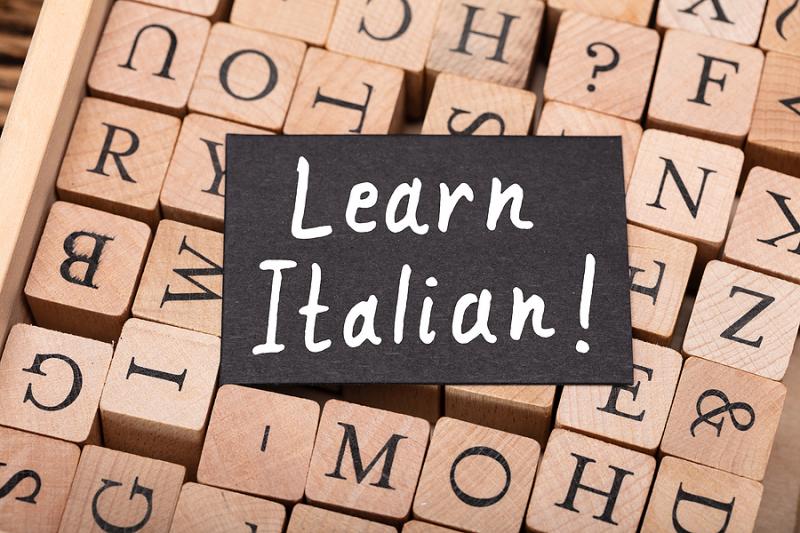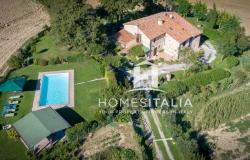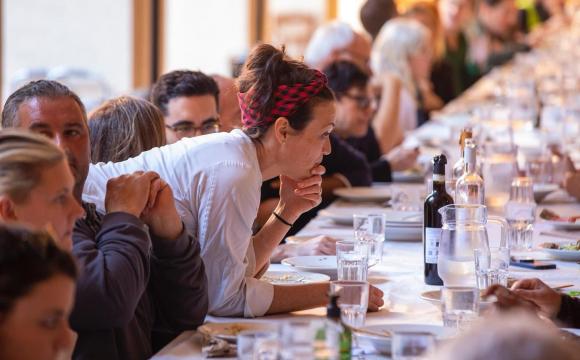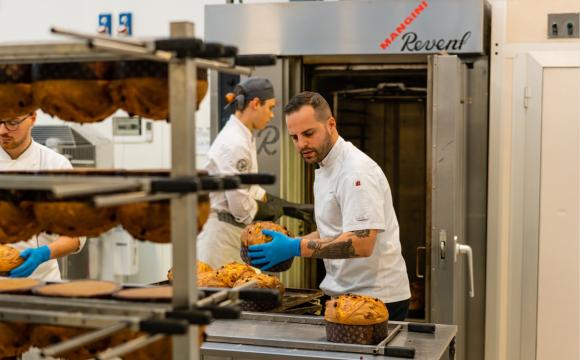Years ago, when I was still reading aloud to my sons, we were deep into the Harry Potter books. After finishing the iconic chapter describing Harry’s first experience boarding the Hogwarts Express from Platform 9 3/4, I closed the book and noticed my older son looking very perplexed. “Why, Mamma,” he asked, “does Harry have a trunk?” as he drew his hand away from his face to indicate an elephant’s long proboscis.
Homonyms are tricky in any language, but especially when translating from one language to another. Even more challenging are homonyms that are nuanced versions of the same word when translated. An excellent example of this is the verb “to know” in English, which separates into two distinct verbs when translated into Italian: “sapere” and “conoscere”, each used differently depending upon the context.
Here’s a quick guide to help you navigate these tricky waters:
How to use “sapere”
Use “sapere” to indicate:
- knowing about a fact or a situation
- knowing how to do something (sapere + infinitive)
- being able to do something (sapere + infinitive)
Keep in mind that “sapere” is always used with a direct object, as opposed to the use of “know” in English. So while you can say “I know” in English and have a complete sentence, in Italian you must add the object and say “Lo so” (I know it).
How to use “conoscere”
Use “conoscere” to indicate:
- knowing (being acquainted with) someone
- knowing (being familiar with) an area, town, restaurant, etc.
In short, sapere is used to express factual knowledge while conoscere is used to express experiential or thought-out familiarity.
Historical note: Why do we use one word to express “know” in English and two to express a similar concept in Italian? The verb to know in modern English derives from the Old English knowen and knouleche, whereas it’s modern Italian equivalents derive from the Latin kissing cousins cognitus and sapiens.
Examples:
Sapere
Factual Knowledge:
● Sai che domani dovrebbe nevicare? Sì, lo so. - Do you know tomorrow it’s supposed to snow? Yes, I know.
● Mi scusi, sa a che ora arriva il treno? - Excuse me, do you know what time the train arrives?
● So il prossimo libro che voglio leggere. - I know what book I want to read next.
● Non so cosa vuoi da me. - I don't know what you want from me.
To Hear About or Find Out:
● Abbiamo saputo che è morta la sua zia. - We heard that her aunt passed away.
● Come lo hai saputo? - How did you find out?
● Non sapevo che avessi una bambina. - I didn't know that you had a baby daughter.
Know-How/Skill
● Non so cantare ma mi piace la musica. - I don’t know how to sing but I love music.
● Tu sai parlare molto bene l'italiano. - You know how to speak Italian well
General Knowledge
● Si sa che lui è sempre in ritardo. - Everyone knows that he’s always late.
● Si sapeva che andava a finire così. - Everyone knew it would end like this.
● Non si sa che fine abbia fatto. - No one knows what happened to him.
Conoscere
People:
● Conosco Marinella da anni. - I’ve known Marinella for years.
● Ho conosciuto Stefano una volta anni fa. - I met Stefano once years ago.
● Conosci un medico che parla inglese? - Do you know a doctor who speaks English?
● Conosciamo uno che faceva il pilota di Formula 1. - We know a guy who was a Formula 1 driver.
Places:
● Conosco Parigi molto bene. - I know Paris quite well.
● Mi dicono che si mangia bene a questa trattoria ma non la conosco. - I’ve heard this restaurant is good, but I am not familiar with it.
Experiences:
● Conosco come funziona l’università. - I know how things work at the university.
● La prima volta che ho viaggiato da sola ho conosciuto la solitudine. - The first time I traveled alone, I experienced loneliness.
Subjects:
● Conosco bene i film di Fellini. - I know Fellini’s films well.
● Conosce tutti i segreti della pasta fresca. - She knows all the secrets to make fresh pasta.
Now you know how to use know in your next conversation in Italian!












